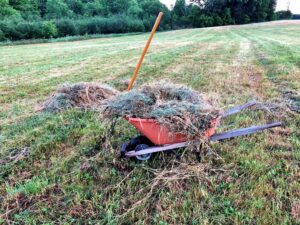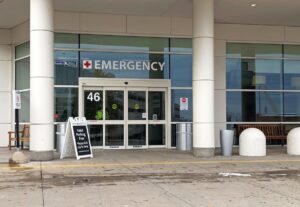
In Door County, luxury and tourism leave little room for affordable workforce housing
In a community funded by tourism and affluence, much of Door County’s year-round and seasonal workforce is struggling to live comfortably.
Home / WNA Member Content / Page 89

In a community funded by tourism and affluence, much of Door County’s year-round and seasonal workforce is struggling to live comfortably.

Projections for state tax collections have been revised upward by an unprecedented $4.4 billion through June 2023, positioning state reserves to reach historic levels and giving Wisconsin a once-in-a-generation chance to address some of its most longstanding challenges.

University of Wisconsin officials are ramping up efforts to reach minority and other underrepresented high school graduates and get them to enroll at UW System schools.

Owning a house is a lifelong dream for many. But that dream is increasingly out of reach as prices rise and the housing stock remains small.

The Union Grove-Yorkville Fire Department is an outlier among its peers in its continued exclusive use of part-time responders. And as call volumes continue to grow, any desire to improve its response times and service levels will likely require greater use of full-time staffing.

The No. 1 factor for acute gastrointestinal illness in Kewaunee County’s private drinking water wells is cow manure, according to a federal study released Wednesday. The findings raise questions about the effectiveness of existing regulations aimed at protecting residents from tainted drinking water.

Chris Hardie’s first cutting of hay is complete but without some rain soon, prospects of second or third cuttings are not very promising.

At least three county Republican parties in Wisconsin have added Donald Trump’s name to their events celebrating eminent Republican presidents Abraham Lincoln and Ronald Reagan.

On the most American of holidays, let’s be sure to celebrate the most American of freedoms. Those freedoms must never be taken for granted.

Hospitals’ use of court actions to collect patient debt dropped sharply during the pandemic. But some of the nation’s largest health care systems kept suing — and most were nonprofits.